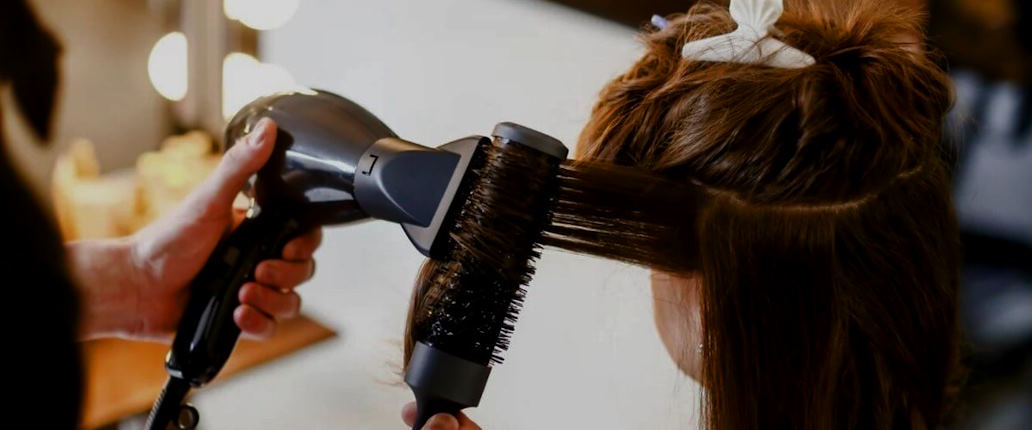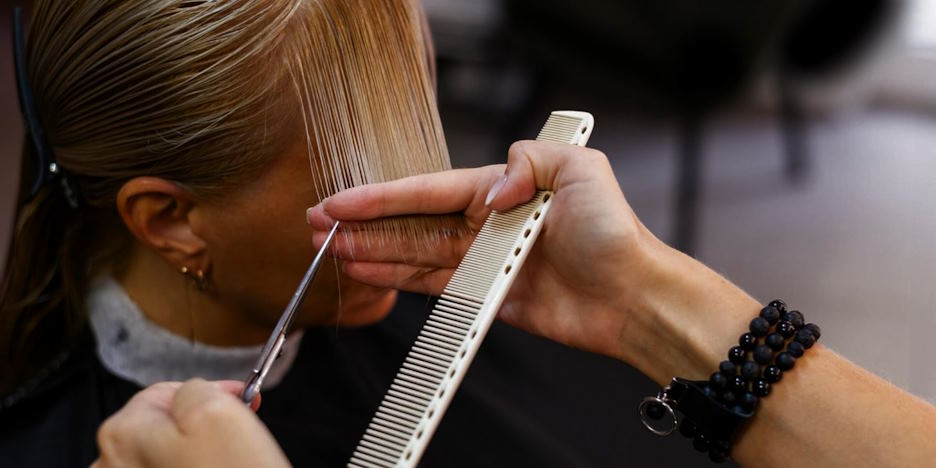Hair Speaks Volumes: Exploring the Impact of Hairstyles on Perception

In the intricate tapestry of human communication, non-verbal cues often play a crucial role. One such powerful form of expression is through our hairstyle. Beyond being a mere fashion statement, hairstyles can significantly influence how others perceive us. Whether consciously or subconsciously, people form opinions based on their hair choices.
The Professional Impression
The workplace is an arena where first impressions are paramount. A well-groomed and polished appearance is often associated with professionalism and competence. In this context, a neat and tailored hairstyle can enhance one’s credibility and project an image of reliability. A classic bob or a neatly styled shortcut may convey a sense of discipline and efficiency, while longer, flowing locks might suggest creativity and individuality. Understanding the corporate culture is crucial, as different industries may have varied expectations regarding acceptable hairstyles.
Cultural Signifiers
Hairstyles often serve as cultural signifiers, reflecting one’s identity, heritage, or personal beliefs. Traditional styles or hair adorned with cultural accessories can communicate a strong sense of pride and connection to one’s roots. Conversely, embracing contemporary or international trends might convey a more open-minded and cosmopolitan outlook. Understanding the cultural connotations of different hairstyles can foster mutual respect and appreciation in diverse social settings.

The Bold and the Brave
Unconventional hairstyles can be a bold statement of individuality and self-expression. Shaved heads, vibrant colors, or intricate braids may challenge societal norms and redefine beauty standards. Such choices can signal confidence, creativity, and a willingness to break from conformity. However, it’s essential to recognize that perceptions of non-traditional hairstyles can vary widely, and individuals may be subject to stereotypes or biases based on their distinctive choices.
Age and Maturity
Hairstyles can also play a role in perceptions of age and maturity. A shorter, more tailored cut might be associated with a mature and sophisticated demeanor, while longer styles or experimental cuts may be perceived as youthful and adventurous. Individuals often adjust their hairstyles throughout different life stages, and these changes can influence how they are perceived by others, impacting interactions in both personal and professional spheres.
Gender and Stereotypes
Societal expectations regarding gender and appearance can contribute to forming stereotypes based on hairstyles. Long, flowing hair is often associated with femininity, while short, closely cropped styles may be linked to masculinity. Challenging these stereotypes through personal hairstyle choices can be a powerful statement against gender norms, contributing to the ongoing dialogue surrounding individual freedom and expression.

